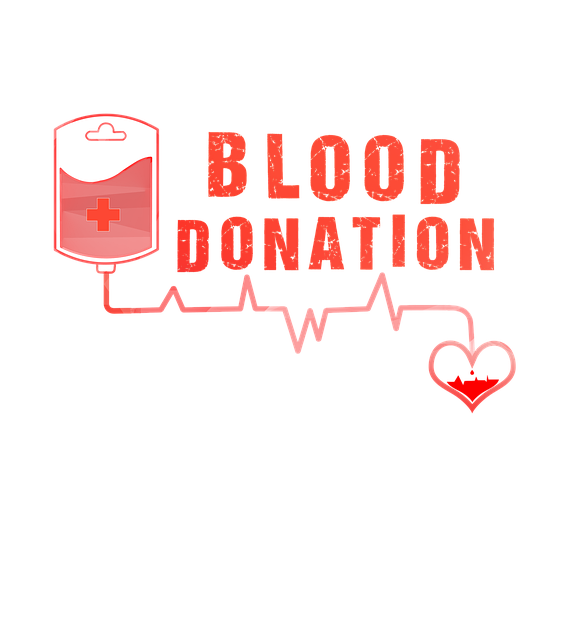Blood donation is the process of giving blood voluntarily to help others in need. Blood is a vital component of the human body, responsible for carrying oxygen and other essential nutrients to the body’s cells. However, there are times when a person’s body is unable to produce enough blood to meet its needs, such as during surgery, childbirth, or after a serious injury or illness. In these situations, blood donations can be lifesaving.
There are a few different types of blood donations, including whole blood donation, which is the most common type, and platelet and plasma donations. Whole blood donation involves giving a pint of blood, which is then separated into its component parts (red cells, platelets, and plasma) for use by patients. Platelet and plasma donations involve giving only a specific component of the blood.
Blood donation is a safe and relatively simple process. Before donating, a person will need to fill out a health questionnaire and have a quick medical examination to make sure they are healthy and eligible to donate. The actual donation process takes about 10-15 minutes, and the donor will be able to go home and resume normal activities immediately afterwards.
It’s important to note that not everyone can donate blood. Eligibility criteria may vary depending on the organization and country you are in but usually, blood donors must be in good health, between certain ages and weight, and have no certain medical conditions or have not traveled to certain countries.
Blood donation is a selfless act that can have a profound impact on the lives of others. It’s a safe, simple and relatively painless way to help save the lives of people in need. Additionally, it also helps in maintaining the blood supply in the blood bank, which is essential for emergency situations.
Blood donation can also have positive health benefits for the donor. Regular blooddonation can help keep iron levels in check, as the body will need to replenish the lost blood. This is especially beneficial for individuals who may be at risk of developing iron overload disorders such as hemochromatosis.
Blood donation also helps in the research and development of new treatments and therapies. Blood samples collected during the donation process can be used for research, which can help in the development of new treatments for various diseases and conditions.
Another benefit of blood donation is that it can also help build a sense of community and volunteerism. Blood drives and donate centers often bring together people from all walks of life who share a common goal of helping others. This sense of community and volunteerism can have a positive impact on both the donors and the recipients.
However, It’s important to note that blood donation should not be done as a way to lose weight as it’s not a healthy way to lose weight, and it’s not recommended to do it frequently. Also, it’s important for donors to take care of themselves before and after the donation, by drinking enough water and eating a healthy meal.
In summary, blood donation is a selfless and vital practice that can have a profound impact on the lives of others. It’s a simple and safe process that everyone who is eligible should consider. Regular blood donation can also have health benefits for the donor and it can also help in the research and development of new treatments and therapies. Blooddonation is a way of giving back to the community, and it’s also a way to feel good and make a difference in the world.


